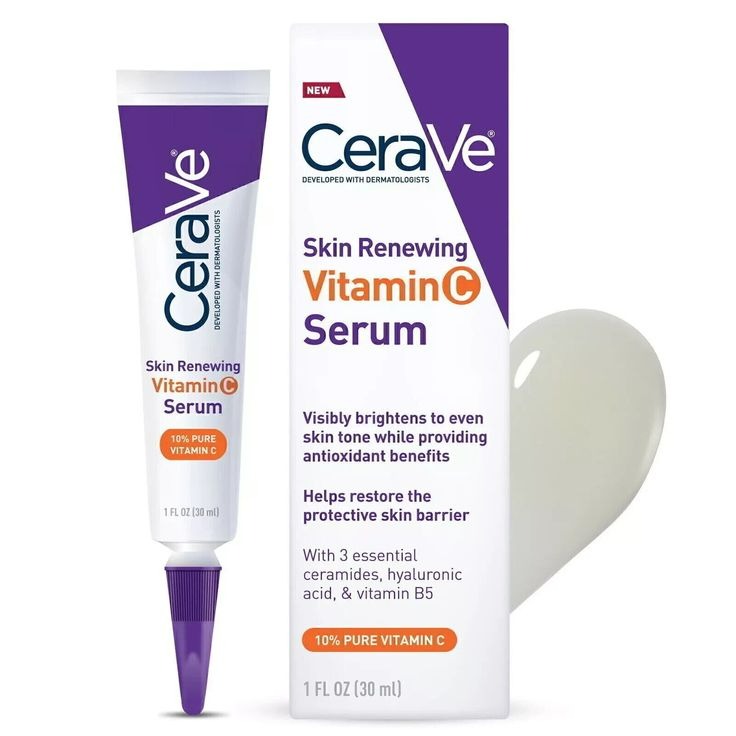Understanding Dry Skin Causes
Dry skin can arise from many sources. Understanding the root causes is crucial. This way, you can address dry skin with tailored skin care for dry skin routines.
Common Environmental Factors
Several environmental factors can strip moisture from your skin. Cold weather, wind, and low humidity are common culprits. Indoor heating during winter also draws out moisture. Long, hot showers feel good but can worsen the issue. Exposure to harsh chemicals in some cleaning products is another factor. Always protect your skin against these elements to mitigate their effects.
Genetic and Health-Related Causes
Some people are prone to dry skin due to their genes. It’s a trait they inherit from their parents. Thyroid disorders can also lead to dry skin, as they affect metabolism and skin moisture. Conditions like psoriasis and eczema can likewise make the skin drier. Always consult a health professional if you suspect these conditions. They can recommend targeted skin care for dry skin strategies for your needs.

Essential Hydration Tips for Dry Skin
Maintaining hydration is pivotal when managing dry skin. Beyond using hydrating skincare products, certain practices can enhance the skin’s moisture levels.
The Role of Water Intake
Drinking adequate water is the cornerstone of keeping dry skin at bay. Aim for at least eight glasses every day. Hydrated bodies lead to hydrated skin, reducing flakiness and tightness. Water flushes toxins that dry out the skin. Keep a water bottle at hand as a reminder to sip regularly.
Importance of Humidifiers and Moisture
Humidifiers add moisture to the air, which benefits dry skin greatly. They are especially useful in winter months or in air-conditioned spaces where the air is dry. Placing a humidifier in your bedroom ensures overnight hydration for your skin. Additionally, including moisture-rich foods in your diet, like fruits and veggies, aids in overall skin hydration. Remember to integrate these tips with your daily skin care for dry skin routine for the best results.
Choosing the Right Moisturizers
Choosing the right moisturizers is vital in a skin care for dry skin regimen. Not all moisturizers are equal, and selecting one that suits your skin’s needs can make a world of difference.
Ingredients to Look for in Hydrating Products
When shopping for hydrating products, certain ingredients are key. Look for hyaluronic acid as it retains moisture exceptionally well. Glycerin is another hydrator that draws water into the skin. Ceramides and fatty acids help repair the skin’s natural barrier. These ingredients work together to provide deep, lasting hydration.
Creams vs. Lotions vs. Oils
Understanding the differences between creams, lotions, and oils is crucial. Creams are thick, provide a barrier, and are best for very dry skin. Lotions are lighter, absorb quickly, and suit mild dryness. Oils can lock in moisture and are good for sensitive skin. Your choice should depend on your skin’s level of dryness and sensitivities. Always patch-test a new product to ensure it works for you.

Gentle Cleansing Practices
For individuals dealing with dry skin, establishing gentle cleansing practices is essential in skin care for dry skin. This supports skin health by minimizing irritation and preserving natural oils vital for hydration.
Avoiding Harsh Soaps
Choosing the right soap is a key step. Avoid harsh soaps that contain strong detergents or alcohol. These can strip away the skin’s natural oils, leaving it even more parched and sensitive. Instead, opt for mild, fragrance-free cleansers formulated specifically for dry skin. These cleansers should clean without disturbing the skin’s protective layer.
Cleansing Techniques and Tips
How you cleanse is just as important as what you cleanse with. Use lukewarm water instead of hot to prevent further drying out your skin. Gently apply the cleanser with your fingertips in a circular motion. Do not scrub, as this can lead to skin irritation. After cleansing, pat your skin dry with a soft towel instead of rubbing it. Immediately after, apply a moisturizer to lock in moisture. Remember that the skin care for dry skin regimen should be followed consistently for best results.
Exfoliation for Dry Skin Maintenance
Exfoliation removes dead cells and can boost skin health. However, for dry skin, gentle exfoliation is critical. Harsh scrubs can damage already sensitive skin. Opt for exfoliating products designed for dry skin. They should be mild and hydrating. Use exfoliating tools with care and softness.
Safe Exfoliating Methods
For dry skin, choose exfoliating methods that are kind to your skin. Use a soft cloth or a gentle brush. Chemical exfoliants like lactic acid or enzymes work well too. They dissolve dead skin without vigorous scrubbing. Always moisturize after exfoliating. This helps restore hydration. Look for products with soothing ingredients like aloe vera.
How Often to Exfoliate
Dry skin shouldn’t be exfoliated too often. Once or twice a week is enough. This prevents over-exfoliation, which can lead to irritation. Pay attention to how your skin responds. Some might need less frequent exfoliation. Stick to a consistent skin care for dry skin routine. Consistency is key for maintaining soft, hydrated skin.

Repairing Skin Barrier with Serums and Treatments
To maintain healthy skin, it’s essential to focus on repairing the skin’s natural barrier. This is especially true for those with dry skin who may experience a compromised barrier function. Utilizing serums and treatments specifically formulated for skin care for dry skin can significantly aid in this repair process.
Benefits of Hyaluronic Acid and Ceramides
Hyaluronic acid and ceramides are two ingredients to seek out when choosing products. Hyaluronic acid pulls moisture into the skin, making it plump and hydrated. Ceramides, on the other hand, strengthen the barrier and prevent moisture loss. Together, they work to keep skin resilient and moisturized. Look for serums that combine both for maximum impact in your skin care for dry skin routine.
Nighttime Repair Treatments
Nighttime is the perfect time for intensive skin repair. Your body’s natural healing processes are most active during sleep. Applying rich treatments before bed gives these ingredients time to work deeply. Opt for overnight masks or serums rich in nourishing ingredients. They should support the skin’s overnight recovery, reducing dryness and flakiness. Night creams with a thicker consistency can also protect and repair the skin barrier while you rest. Consistency is crucial, so make it a nightly ritual in your skin care for dry skin regimen for best results.
Sun Protection for Dry Skin
Proper sun protection is a must in any skin care for dry skin routine. The sun’s UV rays can further dry out and damage your skin. This can lead to more flakes and tightness.
Using Sunscreen Effectively
It’s crucial to use sunscreen every day, even when it’s cloudy. Look for a broad-spectrum sunscreen with at least SPF 30. Apply it generously on all exposed skin. Reapply every two hours, or immediately after swimming or sweating. Don’t forget areas like the back of the neck and ears.
Protective Clothing and Accessories
Wearing protective clothing can help shield your skin from the sun. Go for long-sleeved shirts, pants, and wide-brimmed hats. Choose fabrics that are cool and comfortable. Sunglasses with UV protection are also important. They help protect the sensitive skin around your eyes.
Lifestyle Adjustments for Healthier Skin
To enhance your skin care for dry skin routine, lifestyle adjustments are indispensable. Simple tweaks to your day-to-day life can significantly improve your skin’s hydration levels. These adjustments don’t just benefit your skin but also promote overall well-being.
Nutrition for Hydrated Skin
Your diet plays a critical role in maintaining hydrated skin. Include foods high in omega-3 fatty acids, like salmon and walnuts, which help to nourish the skin. Foods rich in antioxidants, such as berries and leafy greens, can protect the skin from damage. Don’t forget to add avocados, known for their healthy fats that can keep the skin supple. Make sure to limit intake of alcohol and caffeine as they can dehydrate the body. Keep your meals balanced and consider taking supplements if necessary, after consulting with a healthcare professional.
Stress Management and Sleep
Stress can negatively affect your skin, leading to dryness. Find stress-reducing activities like yoga, meditation, or breathing exercises to help keep your skin healthy. Sleep is also crucial for skin repair. Make sure you get 7 to 9 hours of quality sleep each night. Create a relaxing bedtime routine to enhance sleep quality. Avoid screens before bedtime and keep your sleeping environment comfortable. Remember, managing stress and improving sleep are vital steps in your skin care for dry skin strategy.
